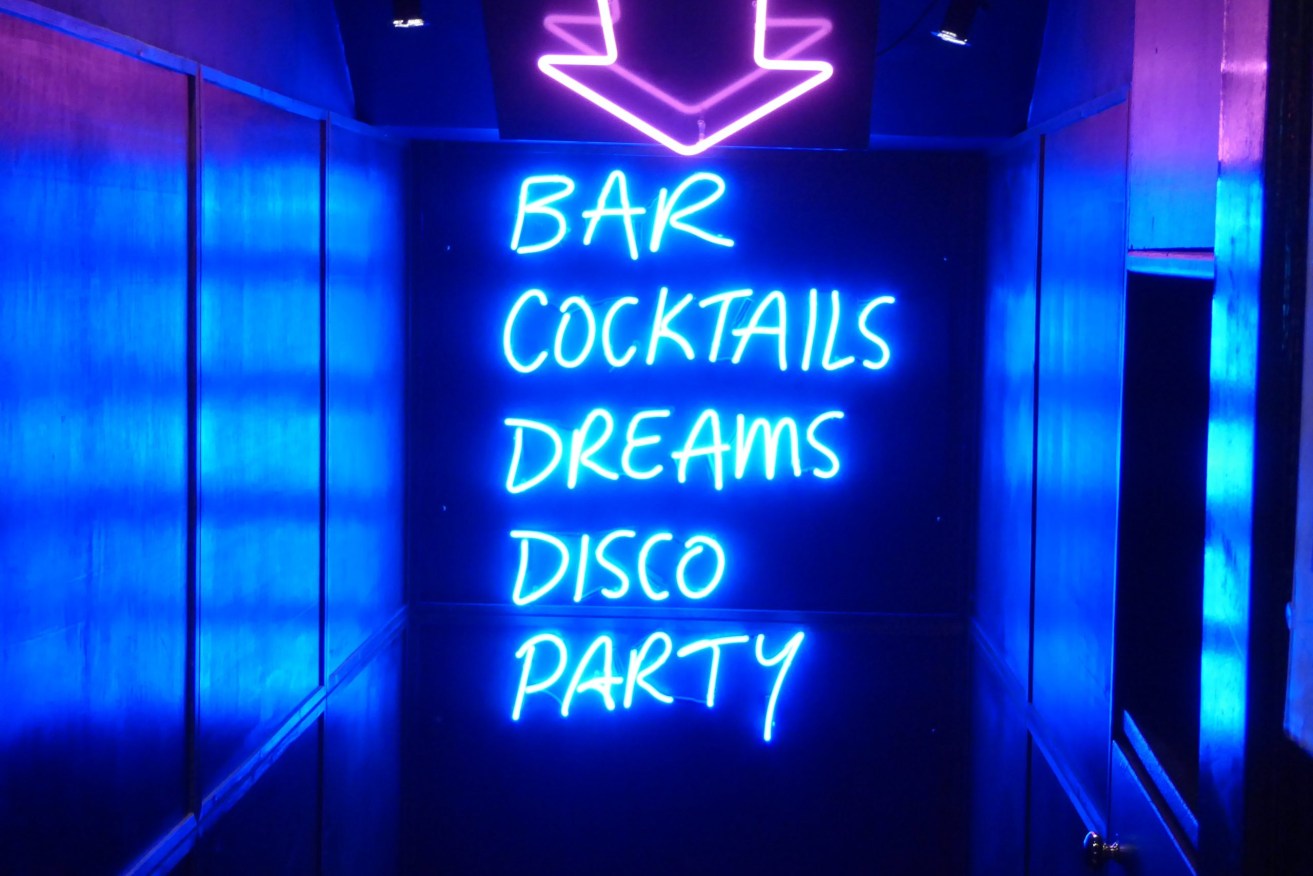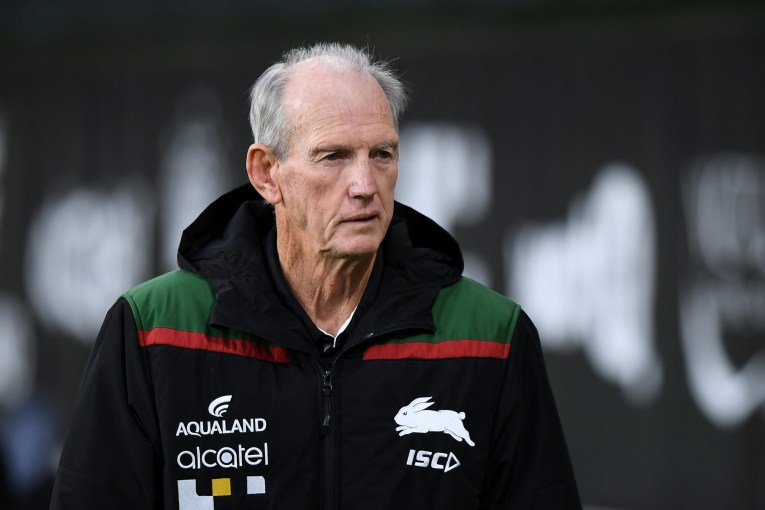Pandemic has put a dent in Australia’s pub culture but we’re getting fit
The pandemic has left Australians fearful of a night out with 66 per cent of people saying they were uncomfortable or very uncomfortable with attending social gatherings at nightclubs or bars.


Nightclubs are facing a major trust issue
The survey by the Australian Bureau of Statistics also found almost half of those surveyed were uncomfortable or very uncomfortable with attending social gatherings at a community event.
Even in January, when most of Australia was getting back to normal except for snap lockdown in Brisbane, more than a third of Australians said they had chosen not to attend a social gathering since 1 December 2020 due to COVID-19.
The findings could present significant issues for the entertainment sector as Australians start to look towards life after the vaccine which has started to roll out this week.
The survey’s findings indicated what seemed to be a trust issue. It found that Australians were comfortable or very comfortable with attending social gatherings at a friend or family member’s residence (87 per cent), or even at a restaurant (71 per cent), but nightclubs and bars were a no-go for two-thirds of those surveyed.
But the survey also showed that there was a surprising level of confidence and good health.
Since March 2020, 86 per cent of people reported they participated in one or more activities to manage their physical health. Commonly reported activities included: walking regularly for transport, exercise, recreation or sport (60 per cent), regularly doing physical activity (excluding walking) (47 per cent), watching or changing their diet (47 per cent), getting enough sleep (46 per cent).
ABS head of household surveys David Zago the COVID-19 pandemic had led to a shift in priorities for many Australians when it came to their physical and mental health.
“Almost one in three Australians (30 per cent) reported prioritising their physical health more since the beginning of the COVID-19 pandemic, and one in four (26 per cent) had placed more of a priority on their mental health,’’ Zago said.
“People aged 65 years and over (50 per cent) were more likely than younger people aged 18 to 34 years (36 per cent) to have prioritised their physical health due to COVID-19.’’
For the month of January, finances were in good shape as well. Only 14 per cent said their financial positioned has worsened and 8 per cent it had improved while the rest said it was unchanged.
Of Australians receiving the Coronavirus Supplement 37 per cent reported mainly using the payment on household bills and 27 per cent reported mainly using the payment on purchasing household supplies, including groceries.












